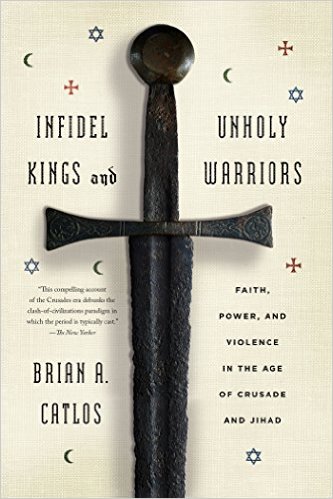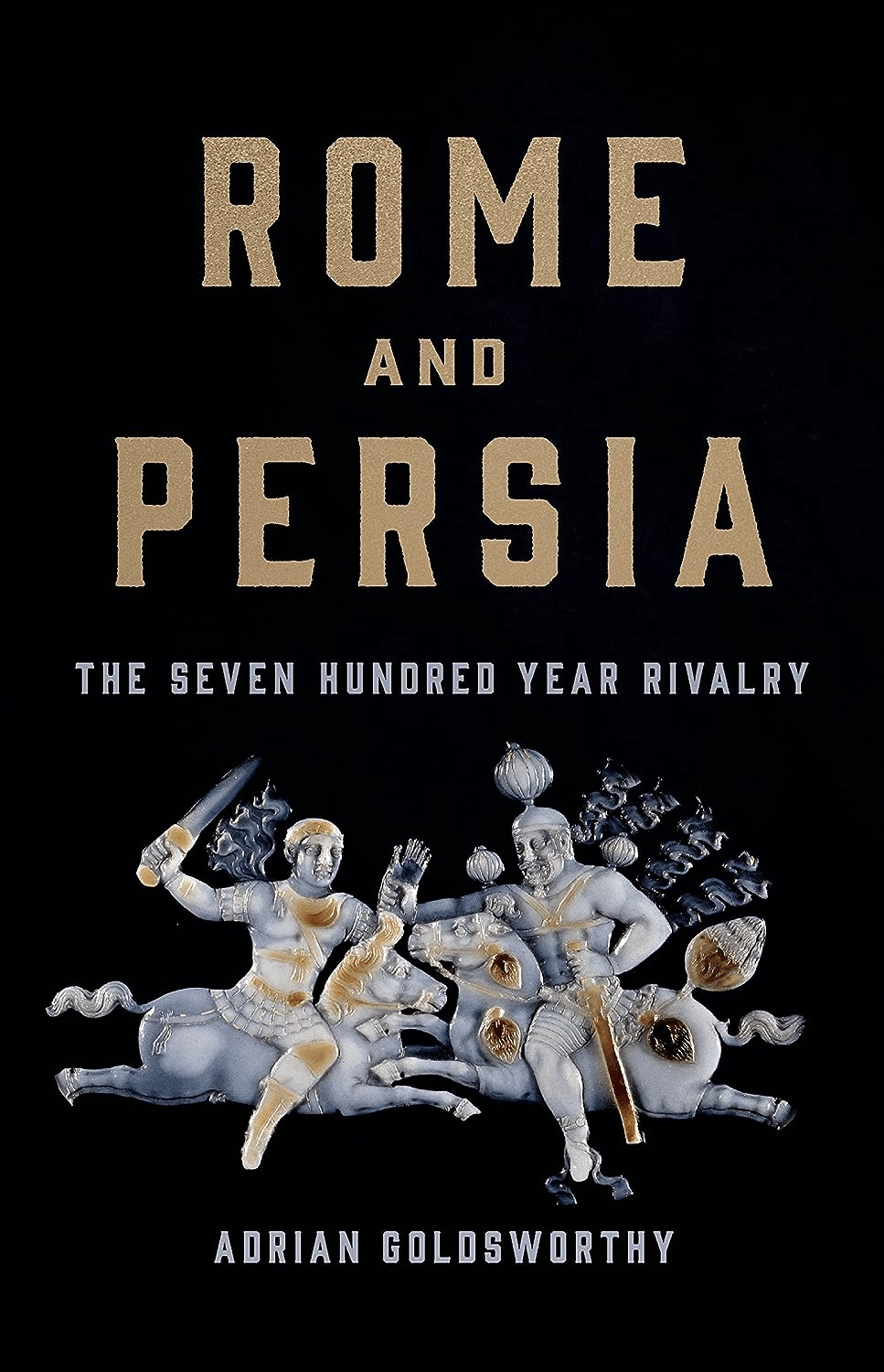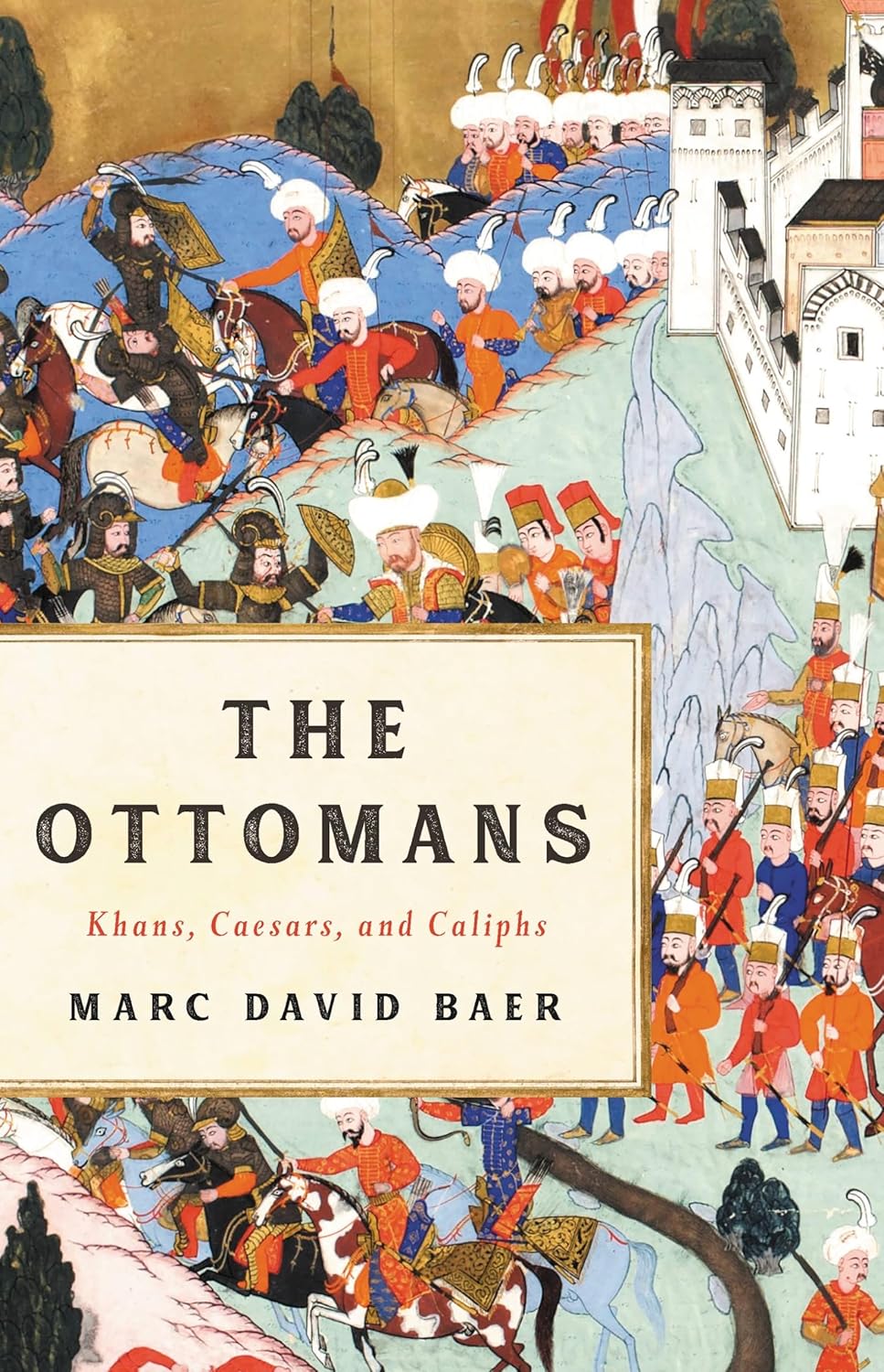
Infidel Kings and Unholy Warriors: Faith, Power, and Violence in the Age of Crusade and Jihad
Tom Verde
Brian A. Catlos
2014, Farrar, Straus and Giroux, 978-0-80905-837-2, $28 hb.
Despite the growing body of revisionist histories of the Crusades, these medieval “holy” wars still “invite preconceptions,” states Catlos at the outset of this engaging study. He warns that polarizing the Crusades in terms of East vs. West, Christian vs. Muslim (and Jew), and orthodoxy vs. heresy eclipses the fact that “the greatest tensions and the worst violence tended to take place among people of the same faith” and political leaders bent upon “personal and earthly agendas.” The Crusader sacking of Christian Constantinople in 1204 is a notorious example; sectarian struggles within the Fatimid state likewise fueled Islamic “jihads,” not against the invading “Franks” but fellow Muslims who posed a political threat, he writes. Populated by the famous (El Cid, Salah al-Din) and not so famous (Bahram Pahlavuni, aka “The Sword of Islam,” an Armenian Christian in the Fatimid court), Catlos’s account reemphasizes the enlightened view that “we cannot blame religion for the violence” of the Crusades.
You may also be interested in...

In War and Peace, Book Explores How Rome and Persia Remained Frenemies
Book Review: In his latest scholarly work, Roman historian Adrian Goldsworthy reduces Persian and Roman longevity to simply an ever-evolving coexistence.
Ottoman Origins, European Echoes
A bold reframing of how Ottoman governance shaped European ideals before Europe claimed them.